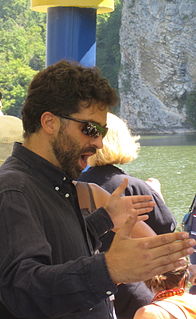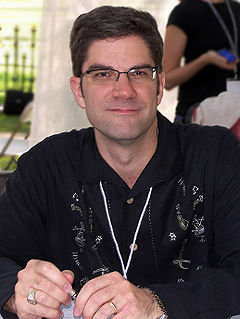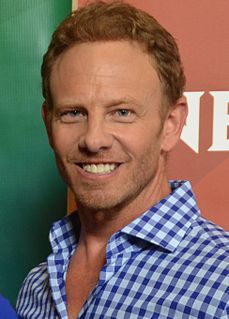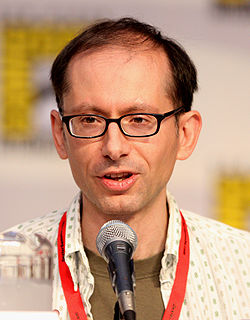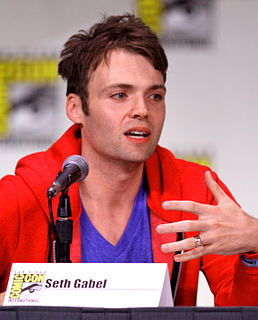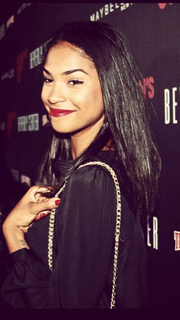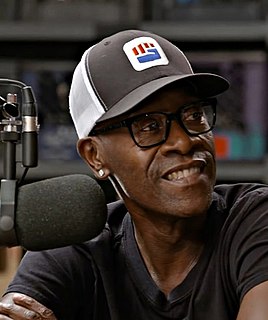A Quote by Tommy Dorfman
LGBTQIA inclusion in media, especially TV and film, is not just important, it's essential.
Related Quotes
The Singapore Media Festival brings together the most important Film and TV events in Singapore under one umbrella. With media convergence, I foresee that the SMF will encompass even more content formats in future, and will keep Singapore on the cutting-edge of media development. I am confident the SMF will be a signature media event for Singapore and the world for many years to come.
No one forces me, or any other writer, to sell a film option on the books. If you don't want to run the risk that the filmmakers may adapt your work in a way you don't like, then you don't sell the option. You know when you sell it that they will have to make some changes, just because film and TV are different media than books.





